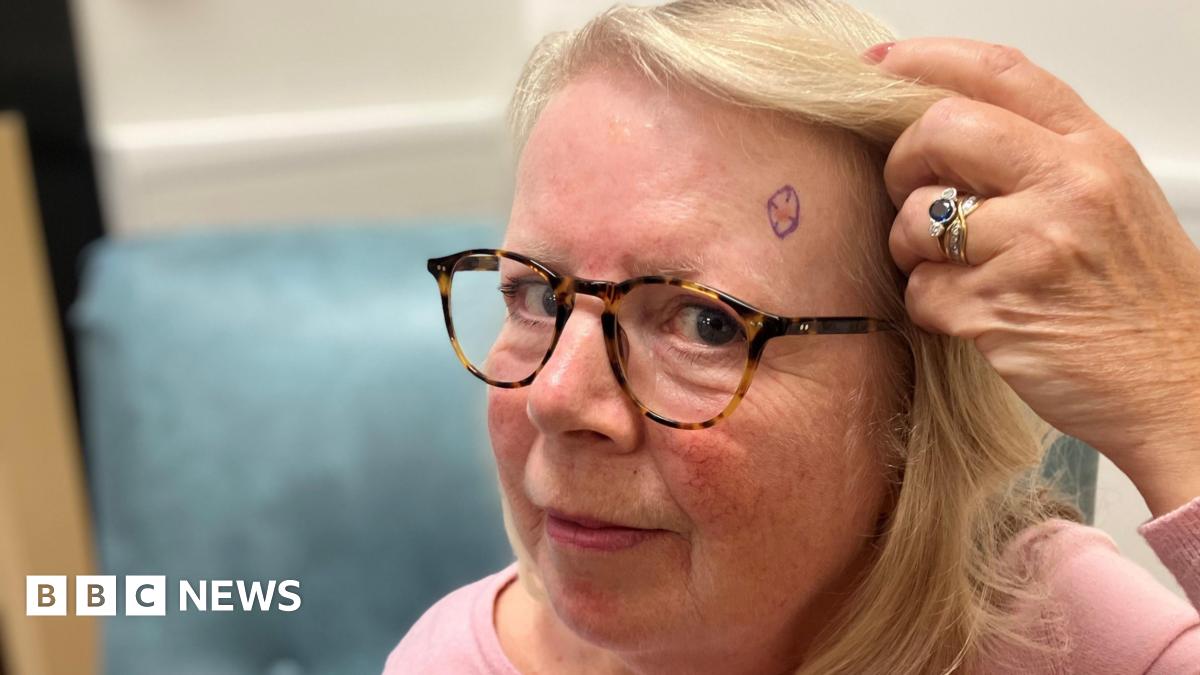RFK Jr.'s Vaccine Claims: A Threat to Australia's Public Health?

Robert F. Kennedy Jr.'s persistent questioning of vaccine safety is causing widespread concern, not just in the United States, but globally – including here in Australia. While healthy debate is vital, his dissemination of misinformation and unfounded theories poses a serious threat to public health, potentially jeopardising the hard-won progress made in eradicating preventable diseases. This article explores the impact of his claims, the science behind vaccines, and why dismissing them based on conjecture could have devastating consequences for children and communities.
The Vaccine Success Story: A Foundation of Trust
Vaccines are arguably one of the greatest achievements of modern medicine. Diseases like polio, measles, and rubella, once commonplace and devastating, have been dramatically reduced or even eliminated thanks to widespread vaccination programs. These programs rely on a bedrock of scientific evidence, rigorous testing, and continuous monitoring. The Australian public health system has historically benefited from high vaccination rates, ensuring protection for both individuals and the wider community through herd immunity.
RFK Jr.'s Claims: A Challenge to Scientific Consensus
RFK Jr. has repeatedly voiced concerns about vaccine safety, alleging links between vaccines and autism, autoimmune disorders, and other health problems. These claims have been widely debunked by the scientific community. Numerous studies, involving millions of children, have consistently found no evidence to support these connections. Leading health organisations worldwide, including the World Health Organisation (WHO), the Centers for Disease Control and Prevention (CDC), and Australia's own Department of Health, have affirmed the safety and efficacy of vaccines.
The Dangers of Vaccine Hesitancy
The spread of misinformation about vaccines can lead to vaccine hesitancy – a reluctance or refusal to vaccinate despite the availability of vaccines. This hesitancy, fuelled by unfounded fears, can have serious consequences. Decreased vaccination rates can lead to outbreaks of preventable diseases, putting vulnerable populations – including infants too young to be vaccinated, people with compromised immune systems, and the elderly – at risk. Australia has seen concerning trends in declining childhood vaccination rates in recent years, highlighting the importance of addressing misinformation and promoting vaccine confidence.
Why Trust the Science?
The science behind vaccines is complex, but the underlying principles are well-established. Vaccines work by training the body's immune system to recognise and fight off specific pathogens. They do not cause the diseases they protect against. The rigorous testing process involves multiple phases of clinical trials to ensure safety and efficacy. Ongoing surveillance systems monitor vaccine safety after they are released to the public. Australia's Therapeutic Goods Administration (TGA) plays a crucial role in evaluating and approving vaccines, ensuring they meet strict safety and quality standards.
Protecting Australia's Future: A Call to Action
It's crucial for Australians to rely on credible sources of information about vaccines, such as healthcare professionals, government health agencies, and reputable scientific organisations. We must actively challenge misinformation and promote evidence-based decision-making. Protecting our communities from preventable diseases requires a collective effort, built on a foundation of trust in science and a commitment to public health. The future health of our children and the well-being of our nation depend on it. Open and honest conversations about vaccines, based on facts and not fear, are essential to ensuring a healthy future for all Australians.





